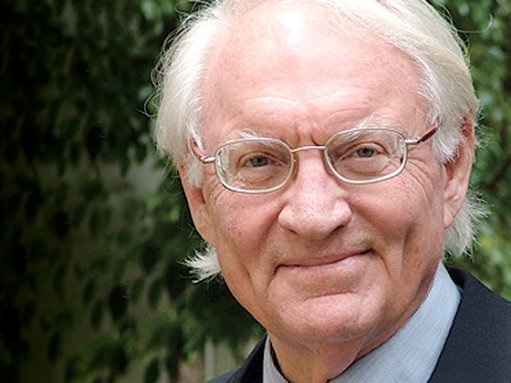
Denis Worrall
“As the world remembers the global icon Nelson Mandela, the fact that he was a man of principle is a clear element of his success as a leader and overall greatness. He understood the vital importance of the constitutional principles of accountability and the rule of law. He not only said as much, but also demonstrated the courage of his convictions by submitting himself before the courts when summoned to defend his decision to set up a commission to investigate alleged racism, corruption and nepotism in South African rugby. It is therefore saddening to see how far some in the ruling elite have strayed from the example set by this great man”.This is the introduction to a website-note by Corruption Watch, South Africa’s independently financed and most active anti-corruption agency, while making the point that corruption is today endemic in South Africa. This was also economist Dawie Roodt’s central concern in his moving Insight two weeks ago.
In that contribution he appealed to his "fellow South Africans" to take three steps which he said was needed. They are:
- “Start a process where all civil servants (SOE’s included) are required to reapply for their jobs. And henceforth only employ on merit, not by virtue of contacts, favours, social requirements or nepotism.
- Establish a world class skills development system (education) immediately to support a growing and thriving economy.
- Remove all obstacles to employment. Do not ‘’create jobs’’ but stop preventing willing people from creating their own jobs".
He went on to say: "Don’t tell me it’s not possible, it has been done before. However, a very first step would be for all of us to hold our political leaders in office accountable for doing what is required”.
In today's Insight he specifically deals with the question of political leadership and calls for the resignation or removal of President Zuma. This, incidentally, occurs against widespread rumours of definite moves to see this happen. But there are questions: Firstly, who would replace President Zuma? And secondly, how does the successor go about reducing corruption? In other words how does he go about achieving that first goal which Dawie Roodt has set for South Africans?
One supposes that most informed and concerned people would agree with Peter Bruce who in last week's Sunday Times pressed the case for Cyril Ramaphosa, while acknowledging the considerable hurdles he faces. As regards Roodt’s statement that clearing up corruption is possible, and has been done before, all we need to do is look at Nigeria.
President Muhammadu Buhari, who was elected President in March this year, has yet to appoint his cabinet and he is quite specific as to the reason. First, he intends recovering millions of dollars of funds which were stolen during previous administrations; and secondly, he is taking time to scrutinise all candidates for office for any trace of corruption, so setting an example for Africa.
Written by Denis Worrall